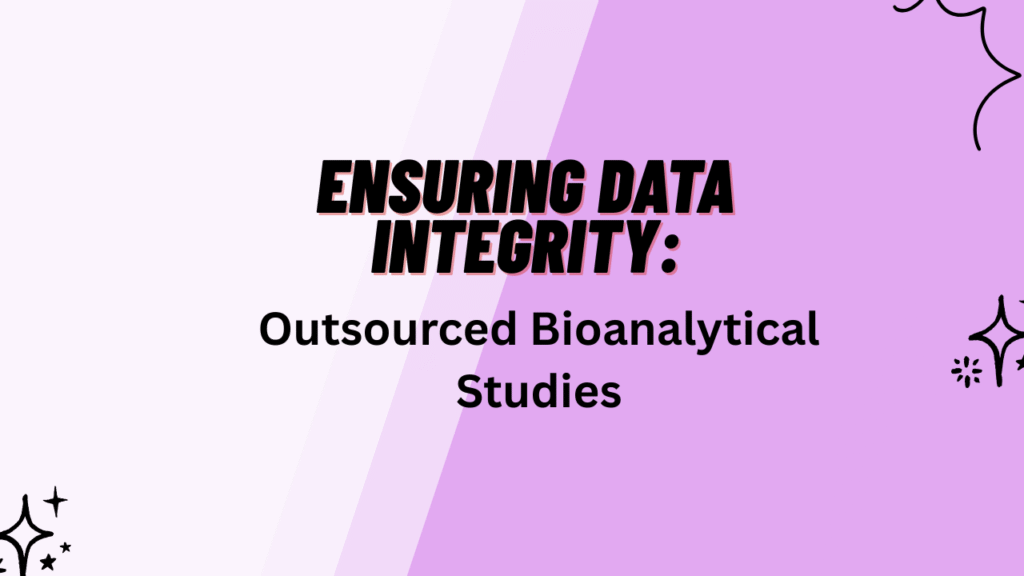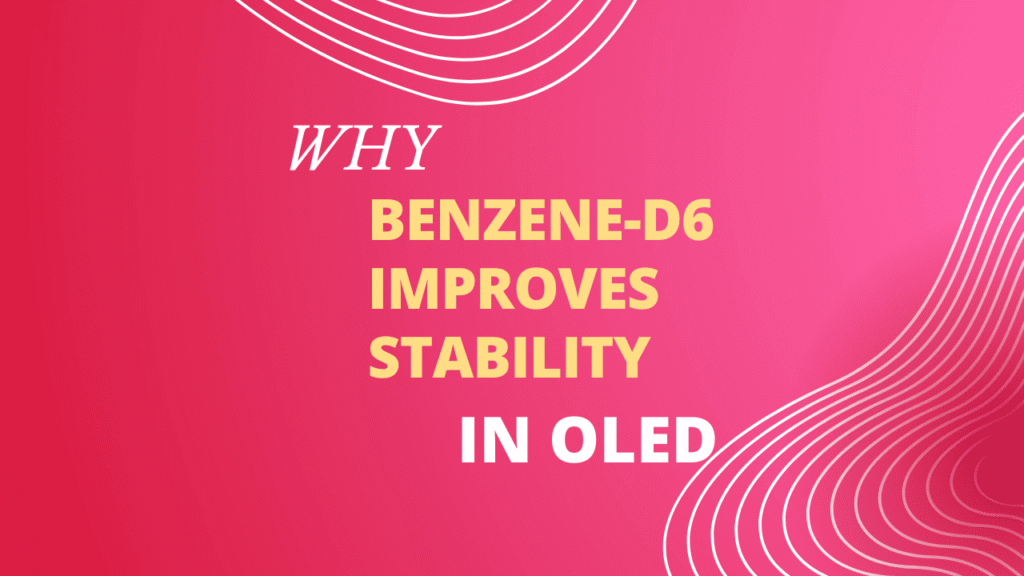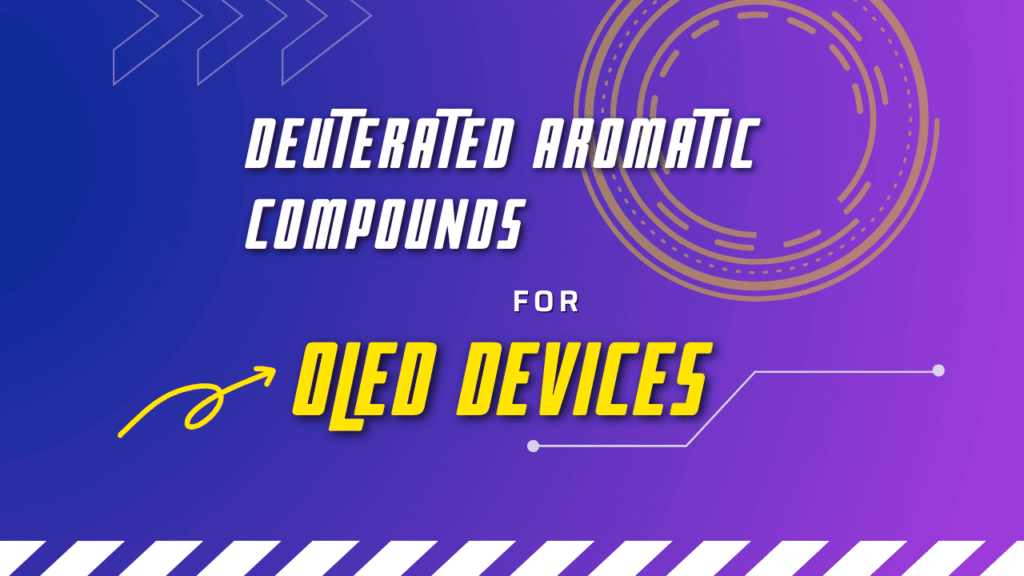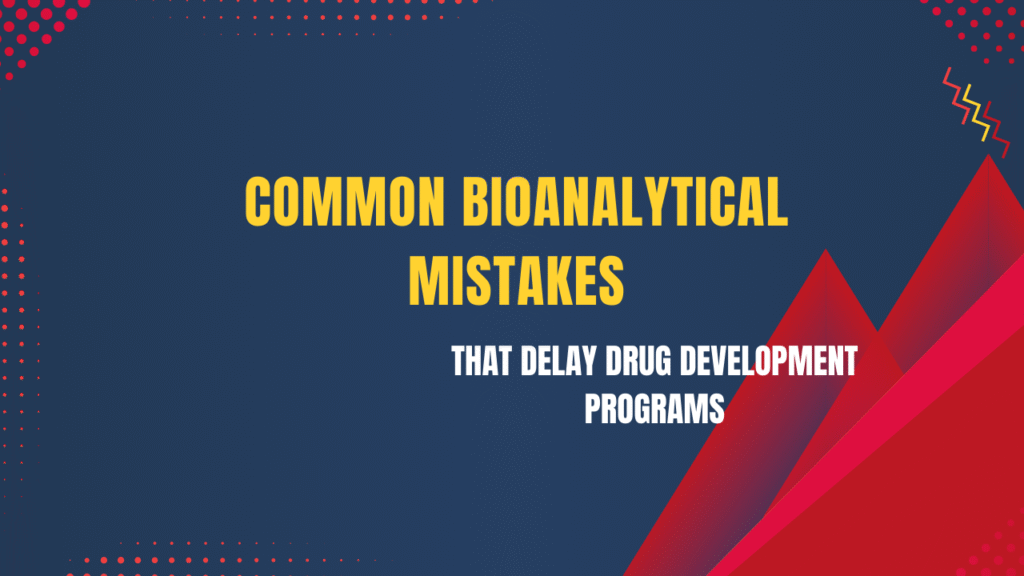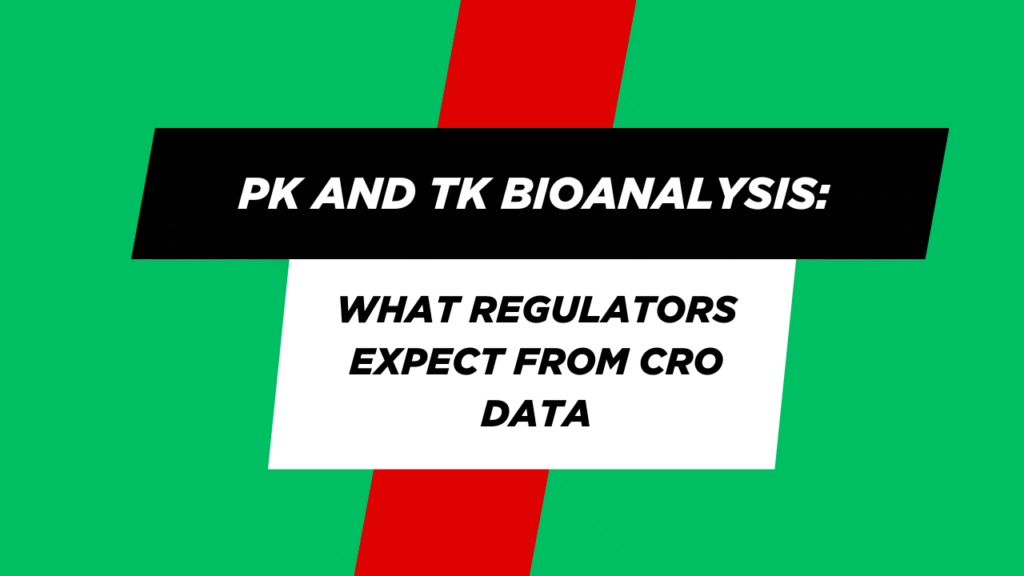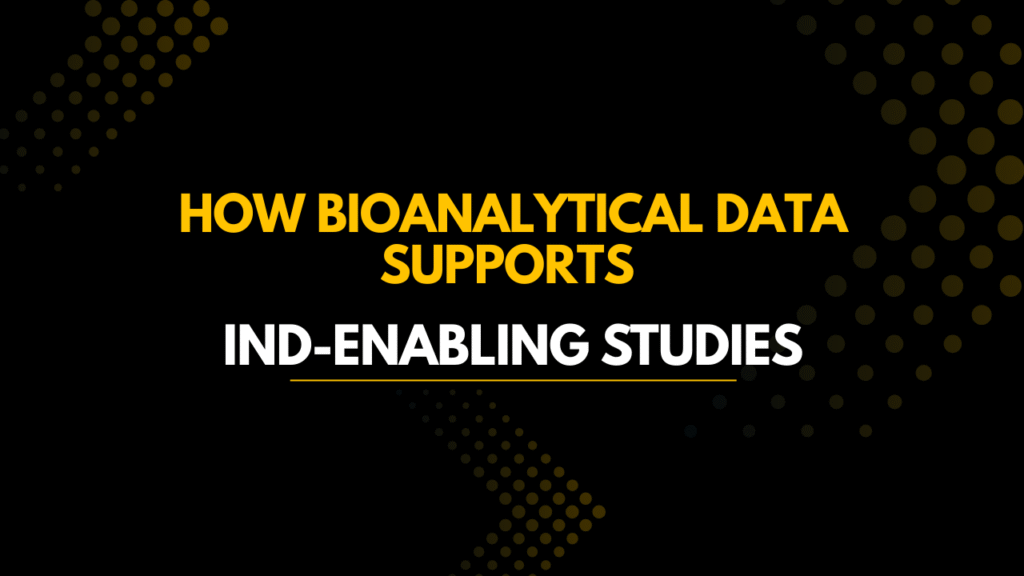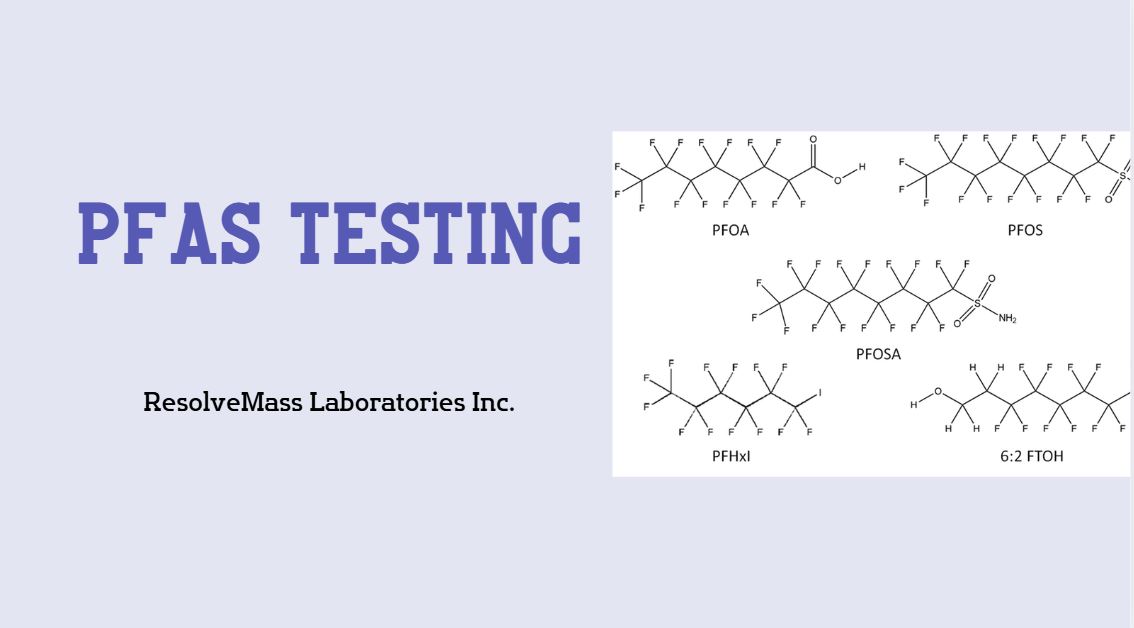
Poly(lactic-co-glycolic acid) (PLGA) is a widely used biodegradable polymer with applications in drug delivery, tissue engineering, and medical devices in chain of PLGA supplier in the U.S.: Discover sustainable sourcing, eco-friendly manufacturing, and key factors for selecting top-quality PLGA suppliers.. As the demand for eco-friendly materials grows, industries are shifting towards sustainable PLGA sourcing. This blog explores the significance of sustainable PLGA production, key factors in selecting suppliers, and the role of green chemistry in reducing environmental impact.
The Growing Importance of Sustainable PLGA Sourcing
Sustainability in polymer sourcing is no longer a niche concern—it has become a crucial aspect of responsible manufacturing. As environmental regulations tighten and consumers demand eco-friendly solutions, companies must prioritize green sourcing practices.
The impact of traditional polymer manufacturing includes:
- High carbon emissions from energy-intensive production processes.
- Use of non-renewable fossil fuel-derived monomers.
- Generation of hazardous waste from solvent-based polymerization.
To counter these effects, sustainable PLGA suppliers focus on:
- Using bio-based lactic acid and glycolic acid sourced from renewable resources.
- Implementing solvent-free or recyclable solvent polymerization techniques.
- Reducing greenhouse gas emissions through optimized production processes.
Key Factors to Consider When Choosing an Eco-Friendly PLGA supplier in the US
Selecting a PLGA supplier that aligns with sustainability goals requires a multi-faceted evaluation. Below are the crucial aspects to consider:
1. Raw Material Sourcing as in PLGA supplier in the US
Sustainable PLGA production begins with ethical and eco-friendly raw material procurement. Some critical questions to ask a supplier include:
- Are the lactic acid and glycolic acid derived from renewable biomass sources?
- Are the feedstocks sourced from suppliers who adhere to sustainable agricultural practices?
- Do they provide certification for bio-based or non-GMO sourcing?
2. Manufacturing Process & Green Chemistry Practices
Sustainable PLGA suppliers should demonstrate a commitment to green chemistry by:
- Using enzyme-catalyzed or solvent-free polymerization techniques.
- Implementing closed-loop manufacturing systems to reduce waste.
- Employing energy-efficient reactors and renewable energy sources.
3. Certifications and Compliance Standards
Eco-friendly PLGA suppliers must meet global sustainability and quality standards. The most reputable certifications to look for include:
- ISO 14001 – Environmental Management System Certification.
- FDA cGMP (Current Good Manufacturing Practice) – Ensures pharmaceutical-grade safety and consistency.
- Green Seal or EcoCert – Verifies environmentally responsible production practices.
4. End-of-Life Biodegradability & Circular Economy
Sustainability does not end with the production process; it extends to the product’s biodegradability and end-of-life impact. Companies should evaluate:
- The degradation rate of PLGA under different environmental conditions.
- Whether the supplier has a take-back or recycling program for polymer waste.
- Research and innovations in improving PLGA’s compostability and recyclability.
5. Product Performance & Quality Assurance
High-quality PLGA must maintain its essential properties while being sustainable. Evaluating:
- The molecular weight distribution, degradation rate, and mechanical properties.
- Batch-to-batch reproducibility and consistency.
- Supplier transparency in providing detailed technical data and COAs (Certificates of Analysis).
The Role of Green Chemistry in PLGA Manufacturing
Green chemistry plays a significant role in making PLGA production more sustainable. Some of the leading advancements include:
1. Enzyme-Catalyzed Polymerization
Traditional PLGA synthesis often involves toxic metal catalysts. Enzyme-catalyzed polymerization offers a non-toxic, energy-efficient alternative.
2. Solvent-Free Polymerization
Many PLGA synthesis methods use organic solvents that contribute to environmental pollution. Solvent-free polymerization eliminates this issue, reducing toxic emissions and waste generation.
3. Supercritical CO2 Processing
Supercritical CO2 is an eco-friendly alternative to hazardous solvents in polymer processing, allowing precise control over polymer properties while minimizing environmental harm.
Challenges in Sustainable PLGA Production
Despite advancements in eco-friendly manufacturing, several challenges persist:
- High Costs: Sustainable raw materials and green processing methods often come at a premium.
- Limited Availability: Not all suppliers have transitioned to sustainable practices, making sourcing difficult.
- Scalability Issues: Some green synthesis methods are not yet viable for large-scale production.
Future Trends in Sustainable PLGA supplier in the US
1. Increased Use of Renewable Monomers
The development of bio-based glycolide and lactide from sustainable sources will reduce dependency on petrochemical-derived materials.
2. Advancements in Solvent-Free and Green Synthesis Methods
Ongoing research in green polymerization techniques will make PLGA production more eco-friendly and scalable.
3. Circular Economy Initiatives
Future trends will focus on creating closed-loop systems where PLGA waste is collected, recycled, and reintegrated into new products.
4. Smart Biodegradable Polymers
Innovations in controlled degradation will make PLGA more versatile for biomedical applications while ensuring minimal environmental footprint.
Conclusion
Sourcing PLGA from eco-friendly suppliers in the United States supports both industrial sustainability and environmental responsibility. By assessing raw material sourcing, manufacturing practices, compliance standards, and product quality, businesses can make informed supplier choices that align with their sustainability goals. Investing in sustainable PLGA sourcing not only benefits the environment but also enhances corporate reputation and regulatory compliance.
REFERENCES
- Moshkbid E, Cree DE, Bradford L, Zhang W. Biodegradable alternatives to plastic in medical equipment: current state, challenges, and the future. Journal of Composites Science. 2024 Sep 1;8(9):342.
- El Itawi H, Fadlallah S, Allais F, Perré P. Green assessment of polymer microparticles production processes: a critical review. Green Chemistry. 2022;24(11):4237-69.
- Rajesh R. STUDY OF BIODEGRADABLE MATERIALS IN CONSUMER PRODUCTS. i-Manager’s Journal on Material Science. 2023 Apr 1;11(1).
- Hosseini ES, Dervin S, Ganguly P, Dahiya R. Biodegradable materials for sustainable health monitoring devices. ACS applied bio materials. 2020 Dec 23;4(1):163-94.
- Thakare Y, Kore S, Dharaskar S. Sustainable Drug Delivery Systems Through Green Nanotechnology. InEncyclopedia of Green Materials 2024 Dec 27 (pp. 1754-1764). Singapore: Springer Nature Singapore.
LET’S CONNECT
At ResolveMass Laboratories Inc., we are committed to providing high-quality, sustainable polymer solutions. If you are looking for a reliable PLGA supplier or need expert guidance in sourcing eco-friendly polymers, get in touch with us today.
Ensuring Data Integrity in Outsourced Bioanalytical Studies
Introduction: Data Integrity in Bioanalytical studies is the foundation of regulatory trust, patient safety, and…
Why Deuterated Benzene-d6 Improves Stability in OLED Materials
Summary: Why Benzene-d6 Improves Stability in OLED Benzene-d6 enhances OLED stability by replacing C–H bonds…
Custom Synthesis of Deuterated Aromatic Compounds for OLED Devices
Summary Deuterated aromatic compounds improve OLED lifetime and stability by replacing hydrogen with deuterium, strengthening…
Common Bioanalytical Mistakes That Delay Drug Development Programs
Introduction: Common Bioanalytical Mistakes are one of the most overlooked yet critical causes of delays…
PK and TK Bioanalysis: What Regulators Expect from CRO Data
Introduction: In modern drug development, PK TK bioanalysis is one of the most scrutinized scientific…
How Bioanalytical Data Supports IND-Enabling Studies
Introduction: IND enabling Bioanalytical Studies are the scientific proof that a drug can be safely…
